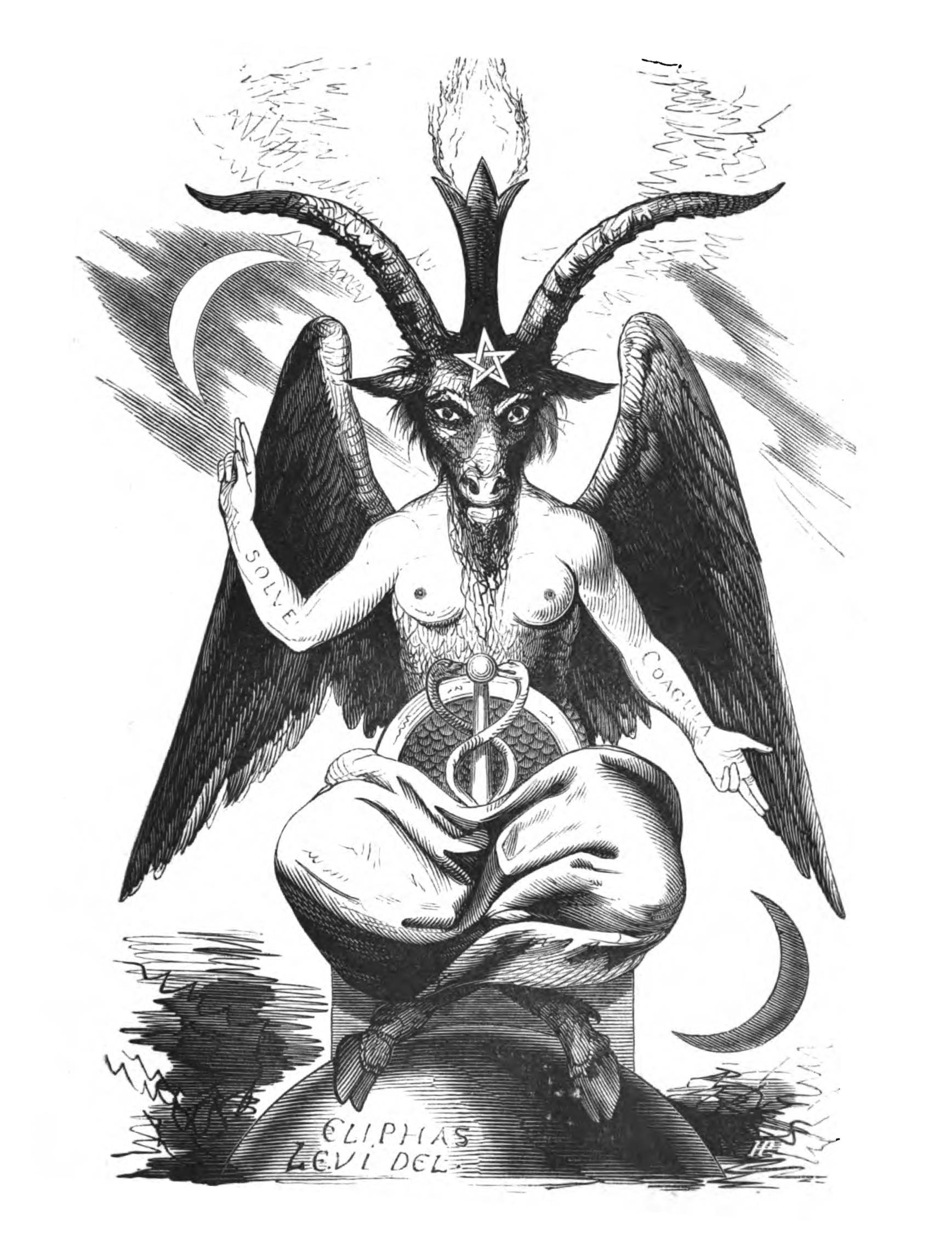
‘All the gods died of laughter to hear one among them proclaim himself unique!’ Pierre Klossowski, The Baphomet
The disembodied soul of Øysten Aarseth, exhaled in his last dying breath and born on the icy winter wind, howled through the window of an old house outside Oslo. Dead lay there, still dead, half of his head still pressed up against the wood panelling, his knife and shotgun by his side, the floor splattered with dried blood and brain matter. Suspended in time, Dead’s last exhaled breath picked off the remaining layers of blasted skull and scooped out the putrefying tissue to disclose another head made of gold. A metalhead.
Aarseth was returned to his final state, on the day of his fatal stabbing. As the new golden-headed Dead seemingly arose from the dead, Aarseth got down on his knees before the strange goatlike yet godly creature, ‘My saviour!’ he stammered. ‘Why do you call me saviour and kneel to me like a God’ said Dead, ‘I am not a creator who enslaves being to what he creates, what he creates to a single self, and this self to a single body. Øysten, the millions of selves that you oppress within yourself are dead and have resurrected millions of times in you, unbeknownst to your single self’.
‘Is it not myself that you have rescued from the knife of Vikernes?’
‘In the suspension of historical time, events echo throughout infinity and individuals eternally. But everything a breath has perpetrated through its body can remain without consequence once it has left its body, since we differ in no wise from the winter wind’.
At this point another chill entered the room as the already-dead breath of Varg Vikernes merged with the breath of his victim, finding himself much weaker than the latter as he quickly sought to separate. Greeted with no sense of moral atonement, Vikernes was struck by a violence of another order to the one he perpetrated: one of total indifference, the worst kind of violence, an indifference that left no trace.
Dead’s golden head glinted in the darkness as he explained that the Judgement of God had been infinitely suspended since He became consumed in flames. ‘Henceforth humankind has changed in substance: it can be no more damned than saved’. Divine Judgement has been overturned, indeed displaced. In this atemporal space memories of the past are revived as momentary states of intensity, a funeral fog of fallen souls which, without identity or propriety, are exchangeable from soul to soul. ‘Here is no peace made of human flesh’ said Dead and prepared himself to breeze through the leaves of the forest.
‘You’re leaving me? Stop’, Aarseth begged. ‘By what name may I invoke you?’
‘What does my name matter to you? In truth I tell you: the millions of brothers and sisters inside you, who have died for your high idea of yourself – Euronymous! – know my name well, and are reborn in it; no proper name exists for the hyperbolic breath that is my own, anymore than anyone’s high idea of himself can resist the vertigo of my great height; my forehead dominates the stars and my feet stir the abysses of the universe’.
‘Spell it for me, I beg you, so I will have invoked you but once!’
Dead began:
‘B-A...’
‘Ba ...? repeated Euronymous.
‘P-H-O ...’ continued Dead.
‘...pho...?’
‘M-E-T...’
‘... Met!...’
Baphomet, otherwise known as Prince of Modifications, opposed to the Christian principle that guarantees the identity of the soul and the unity of being. To quote Pierre Klossowski, ‘Basilieus philosophorum métallicorum: the sovereign of metallurgical philosophers, precursors of black metal theorists, that is, of the alchemical laboratories that were supposedly established in various chapters of the knights Templar’. ‘The Prince of Modifications overturns all identity and absorbs being into the principle of radical multiplicity, that is to say within the principle of blackness.
Dead’s death-rattle laughter clattered through the night and the antichrist scuttled out from behind his feet in the form of an anteater. Friedrich the anteater in a high-pitched German accent affirmed, 'When one god proclaimed himself unique, all the other gods died of laughter!' Reborn in the breath of this laughter the million godlike hands find themselves again with something holy to burn, as the black metal circle turns eternally in a clamour for being that unfolds a process of becoming as infinite non-self-identical multiplicity beyond all figures of unity or of the One. ‘Anything can happen’, said Dead, ‘in the infinite blackening of the universe’.
‘Be faithful to your oblivion!’
